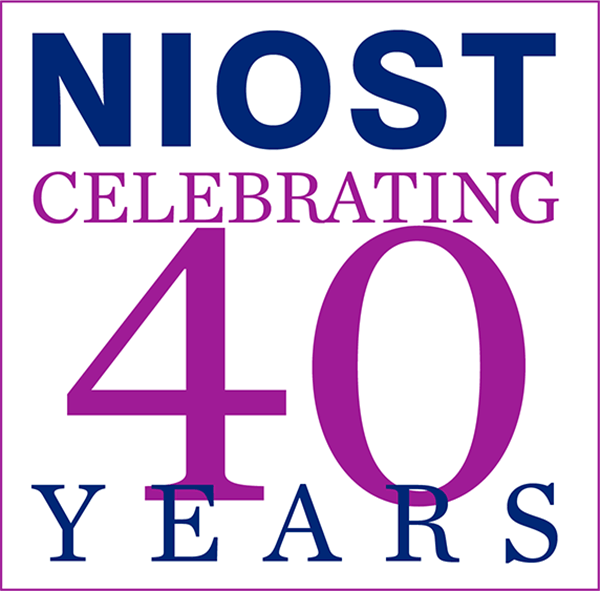Cross-Cities Network
Team Members: Ellen Gannett, Georgia Hall, Karen Lachance
The Cross-Cities Network (CCN) brings together leaders from 25 citywide after-school initiatives in major cities across the United States. The three primary goals of this project are the following:
-
To increase the capacity and knowledge of high-level leaders.
-
To improve the effectiveness of citywide after school initiatives.
-
To contribute to the development of a coherent vision for the field at the national level.
The landscape of after school programs is growing and changing at a rapid pace. Many leaders have influence, funding, and high expectations of results, but little in the way of signposts to guide them in reaching their goals. This is an opportune time to capture the synergistic potential of a group of creative, passionate leader-implementers, meeting their needs for knowledge, access to information, and engagement in high-level dialogue on major issues facing the field. The theory of change inherent in this project is that increasing the capacity of influential leaders will result in improved strategies employed in their own initiatives. We postulate that the presence of a "critical mass" of successful, associated initiatives will in turn influence policy development and programs at multiple levels across the country.
The content, scope, and priorities of the CCN will be driven by the Network members, within the context of a communication system designed to provide continuous feedback for developing and refining strategies and activities. The creation of an effective network requires background staffing and support, careful crafting of materials, processes, and agendas to meet the needs of citywide leaders, and cutting-edge thinking to frame issues and develop typologies that help define the landscape. The National Institute on Out-of-School Time will fill these roles.
Proposed Activities:
There are five major activities that form that foundation for the Network:
- one-to-two meetings per year of the core group of selected leaders from urban initiatives, which will include site visits, open dialogue, and focused discussion, with possible presentations by selected experts
- a continuous communication stream maintained through an email discussion group
- regular topical briefings on core issues of interest to network participants
- a centrally located database configured to provide up-to-date information on selected characteristics of initiatives, and products based on this data, including formatted profiles of each member initiative
- development of policy research reports and supporting materials that help to frame the issues and deepen understanding of the work of Network participants
Products:
The major external products from this project will be the topical briefings, initiative profiles, and policy research reports. The primary audience for these products will be members of the Cross-Cities Network. Secondary audiences will include: non-member citywide initiatives, intermediary organizations, practitioners, researchers, evaluators, and policy makers.
Expected outcomes:
There are anticipated outcomes for the project on three levels — leadership, local initiative, and field — which are linked through a theory of change. The first level, and the direct target level for the project, is the individual leader. The model hypothesizes that increases in the capacity of key leaders, including increased knowledge, access to information, and shared development of new approaches to implementing large after school initiatives will result in increased effectiveness of the citywide initiatives to which the leaders belong. The influence of the leaders, the new strategies developed by the group, and the impact of the initiatives themselves on the national landscape will lead to changes in the field, including new models, paradigms, and integrated visions.
The Cross-Cities Network will develop in a context of intense activity in the field. We expect that the Network will serve as a conduit for learning from and connecting with other projects, initiatives, and funding streams. Linkages may occur at all three levels: between individual leaders as they build relationships in the context of the Network and become familiar with each other's existing professional contacts; between initiatives as they develop projects in partnership, adapt models, or reach out to new constituencies; and at the national level as Network members (and potentially the Network as a whole) become involved in leading-edge discussions, meetings, and projects.
Tags: Projects, Georgia Hall, Karen Lachance, Workforce Development



